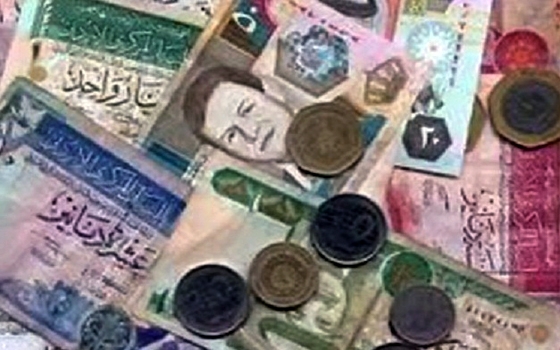The growth of Jordan’s economy remains relatively stable at three per cent despite regional challenges, according to International Monetary Fund (IMF).
Inflation for October has dropped by 2.3 per cent, while the international reserves of the central bank increased to a comfortable level at approximately six months of import coverage, says Kristina Kostial, IMF mission chief for Jordan, Petra News reports.
She adds that the account deficit has narrowed and is expected to decrease this year to below 14 per cent.
Addressing the challenges facing Jordan, Kostial highlights the two main challenges: “The first main challenge is how to deal with public debt,” she says, adding that public debt at the end of 2011 was roughly 71 per cent of GDP and the IMF expects it to reach 89 per cent of GDP at the end of this year.
The Jordanian economy has been resilient in a difficult environment, especially with fluctuations and shortfalls in gas supplies from Egypt and the ramifications of the Syrian crisis and the conflict in Iraq on the kingdom.
“Jordan has to do fiscal consolidation and there are two parts to it. It has to do fiscal consolidation on behalf of the central government and on behalf of the utilities, and particularly important is the electricity company NEPCO,” she says.
The other challenge is the relatively high unemployment rate, particularly for the youth and women. Jordan’s population is relatively young and to absorb them into the labor force by keeping unemployment at its current level, it requires six per cent growth, Kostial adds.
On the relationship between the IMF and Jordan, Kostial notes that the Fund has remained flexible because of the difficult situation Jordan is facing.
AMEInfo
26 November








































































